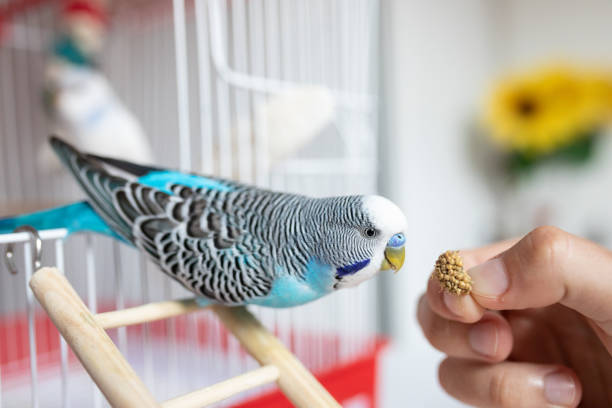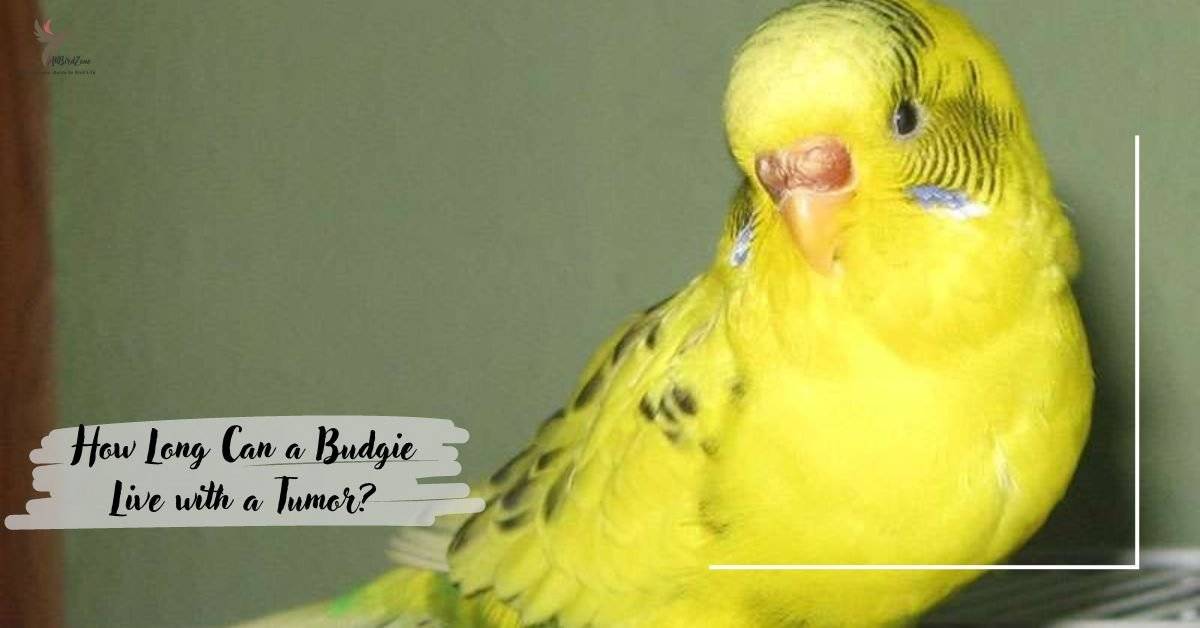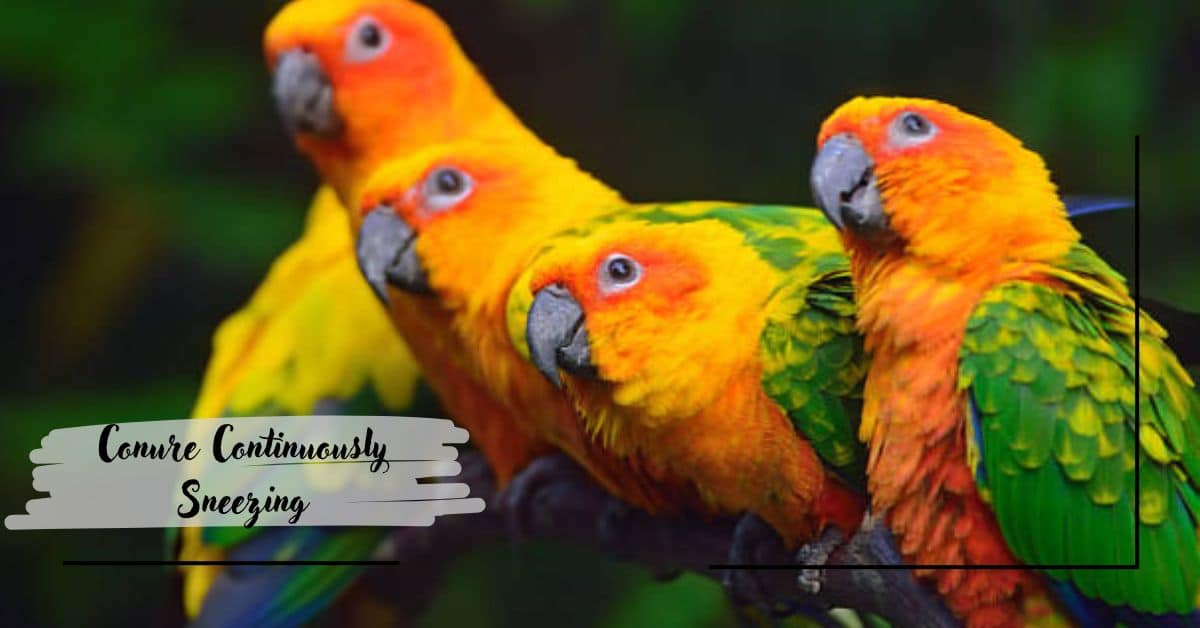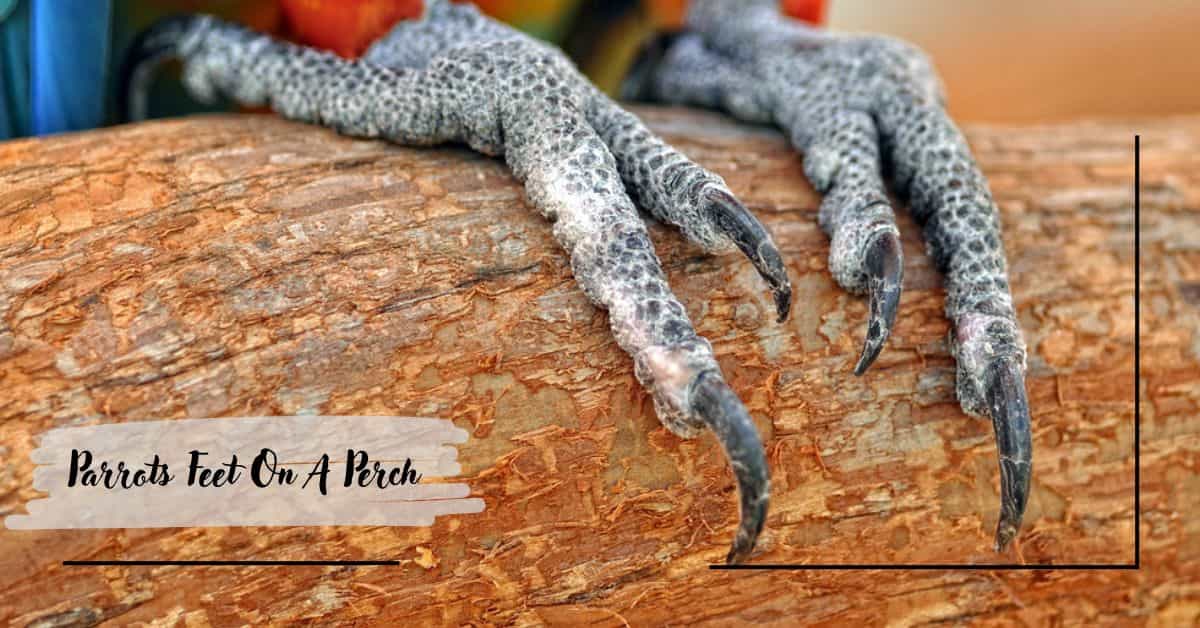The lifespan of a budgie with a tumor can vary widely depending on several factors. The type of tumor plays a crucial role; benign tumors may allow for a longer life, especially if detected and treated early, while malignant tumors can shorten the lifespan and may require more aggressive treatment. The location of the tumor also matters, as those in critical areas can affect the budgie’s health more rapidly than tumors in less vital spots. Additionally, early diagnosis and appropriate treatment can greatly impact how long a budgie can live with a tumor. Even if the tumor is not treatable, palliative care can enhance the budgie’s quality of life.
What Are the Types of Budgie Tumors?
1. Benign Tumors:
These are non-cancerous and generally less dangerous. Common types include:
- Lipomas: Fatty tumors that usually appear under the skin. They are soft and can grow quite large but don’t spread to other parts of the body.
- Papillomas: Wart-like growths that can occur on the skin or inside the mouth. While they don’t spread, they can cause discomfort or interfere with eating if they grow too big.
2. Malignant Tumors:
These are cancerous and more serious. They can spread to other parts of the body. Common types include:
- Lymphomas: These tumors affect the lymphatic system and can spread quickly. They are often more aggressive and require prompt treatment.
- Carcinomas: These are tumors that start in the skin or tissues lining organs. They can be very serious as they tend to spread to other parts of the body.
Other types of tumors that can affect budgies include:
1. Fibrosarcomas:
Tumors that develop from connective tissue. They can be aggressive and spread to surrounding areas.
2. Hemangiosarcomas:
Tumors that originate from blood vessels. These can spread quickly and are often found in organs like the liver or spleen.
3. Adenomas:
These are tumors that arise from glandular tissues. They can grow large and may need to be removed if they cause issues with the budgie’s health.
Common Symptoms of Budgie Tumors:
- Lumps or Swellings: Noticeable lumps or swellings on or inside the body.
- Changes in Behavior: Increased lethargy, decreased activity, or changes in interaction.
- Difficulty Breathing: If the tumor affects the respiratory system, you might notice labored breathing.
- Changes in Eating or Drinking: Loss of appetite or changes in drinking habits.
- Feather Changes: Loss of feathers or changes in feather appearance.

How Can We Treat a Budgie with a Tumor? – Treatment Options!
Surgical Removal:
If the tumor can be operated on, surgery can remove it and help the budgie live longer. This is often the best option if the tumor is in a place where it can be safely removed.
Medication:
Some tumors can be managed with medicine that helps control symptoms or slow the tumor’s growth. This might include pain relief or drugs to shrink the tumor.
Radiation Therapy:
Although less common for small pets like budgies, radiation therapy can sometimes be used to target and shrink tumors.
Palliative Care:
If the tumor cannot be removed, the focus shifts to making the budgie as comfortable as possible. This includes providing pain relief, a stress-free environment, and extra attention to their needs.
Diet and Nutrition:
Ensuring the budgie gets a healthy diet can help support their overall health and immune system, which is important when dealing with a tumor.
Regular Vet Check-ups:
Frequent visits to the vet can help monitor the budgie’s condition and adjust treatments as needed to ensure they remain comfortable.
Environmental Comfort:
Creating a calm and comfortable living space can reduce stress, which is important for a budgie’s well-being. This might include keeping their cage clean, providing soft bedding, and ensuring they have a quiet place to rest.
How to Take Care of a Budgie with a Tumor?
Veterinary Care:
Regular check-ups with an avian vet are essential for monitoring the tumor and overall health. The vet can provide updates on the budgie’s condition and adjust treatment plans as needed.
Comfortable Environment:
Ensure the budgie’s living area is stress-free and comfortable. This includes a quiet space away from loud noises and other pets that might cause stress. Providing a warm and cozy spot can help the budgie feel secure.
Observation:
Monitor the budgie closely for any changes in behavior or symptoms. Note any changes in eating, drinking, activity levels, or feather condition, and report these to your vet.
Hygiene:
Maintain good hygiene to prevent infections, especially if there is an open wound from surgery. Clean the cage regularly, and ensure food and water dishes are sanitized.

What Should Be the Diet of a Budgie with a Tumor?
Balanced Diet:
Offer a variety of fresh fruits, vegetables, and high-quality budgie pellets. Some good options include leafy greens, carrots, apples (without seeds), and berries.
Avoiding Junk Food:
Minimize sugary or fatty foods that can lead to additional health issues. Avoid giving your budgie treats like chocolate, avocado, or salty snacks.
Special Needs:
If the budgie is undergoing treatment, consult with a vet about any specific dietary adjustments needed. Some treatments may require additional vitamins or supplements to support recovery.
What Are the Common Budgie Diseases?
1. Psittacosis:
A bacterial infection that can affect the respiratory system. Symptoms include sneezing, nasal discharge, and difficulty breathing. It’s important to seek veterinary treatment as it can be transmitted to humans.
2. Avian Beak and Feather Disease (ABFD):
A viral disease affecting feathers and beak health. Symptoms include feather loss, beak deformities, and poor feather growth. It is highly contagious and can be fatal.
3. Candidiasis:
A fungal infection affecting the digestive system. Symptoms include regurgitation, loss of appetite, and diarrhea. It often occurs due to poor hygiene or a weakened immune system.
4. Respiratory Infections:
Common in budgies, leading to symptoms like wheezing, nasal discharge, and difficulty breathing. These infections can be caused by bacteria, viruses, or fungi and require prompt veterinary care.
What Is the Average Lifespan of a Healthy Budgie?
A healthy budgie typically lives between 5 to 10 years, though some can live even longer with the right care. Providing a balanced diet rich in nutrients, ensuring regular exercise and mental stimulation with toys and interaction, and maintaining a clean living environment are key to their health. Regular visits to an avian vet for check-ups help catch any health issues early, ensuring your budgie stays happy and healthy for as long as possible.
Frequently Asked Questions About Budgie With a Tumor:
Can Budgies Survive Tumors?
Yes, budgies can survive tumors, especially if the tumor is benign and treated early. The survival rate depends on factors like the type and location of the tumor, as well as the overall health of the budgie and the quality of care it receives.
What Does a Tumor Look Like on a Budgie?
A tumor on a budgie often appears as a lump or swelling on the body. It can be visible under the skin or inside the body, sometimes causing a noticeable bulge. The size, shape, and color of the tumor can vary depending on its type.
What Is the Most Common Cause of Death in Budgies?
The most common cause of death in budgies is often related to respiratory infections. Other significant causes include tumors, liver disease, and complications from obesity or malnutrition.
How Do Budgies Show Pain?
Budgies show pain through changes in behavior and physical signs. They may become more lethargic, stop eating or drinking, fluff up their feathers, and show a lack of interest in their surroundings. You might also notice them vocalizing less or hiding more than usual.
How Do You Remove a Tumor from a Bird?
Removing a tumor from a bird usually involves surgery performed by an avian veterinarian. The vet will anesthetize the bird and carefully excise the tumor. Post-surgery care is crucial to ensure proper healing and to prevent infection.
Can a Tumor Be Cured on Its Own in a Budgie?
Tumors in budgies generally do not cure themselves. Professional veterinary intervention is often required to remove or treat the tumor. In some cases, if the tumor is benign and small, it might not cause significant issues, but monitoring and professional advice are still important.
What Is the Most Common Tumor in Birds?
The most common tumor in birds is the lipoma, a benign fatty tumor. Lipomas are especially common in budgies and are usually found under the skin, often on the chest or abdomen.
What Are the Early Signs of Tumors in Budgies?
Early signs of tumors in budgies include small lumps or swellings on the body, changes in eating or drinking habits, weight loss, and changes in behavior such as increased lethargy or decreased activity.
How Can You Prevent Tumors in Budgies?
While not all tumors can be prevented, you can reduce the risk by providing a healthy diet, regular exercise, a clean environment, and routine veterinary check-ups to catch any health issues early.
Are Certain Budgie Breeds More Prone to Tumors?
Certain color mutations and breeds of budgies may have a higher predisposition to developing tumors. For example, budgies with a higher percentage of yellow coloration have been reported to be more prone to fatty tumors. Regular vet visits and maintaining a healthy lifestyle can help manage this risk.
Conclusion:
Caring for a budgie with a tumor requires attention and love, but with proper care, many budgies can continue to live happy lives. Regular vet check-ups, a healthy diet, a clean and stress-free environment, and close monitoring of their behavior are essential. By understanding the symptoms and treatment options, you can ensure your budgie gets the best care possible. Remember, early detection and treatment can make a significant difference in your budgie’s health and longevity.







